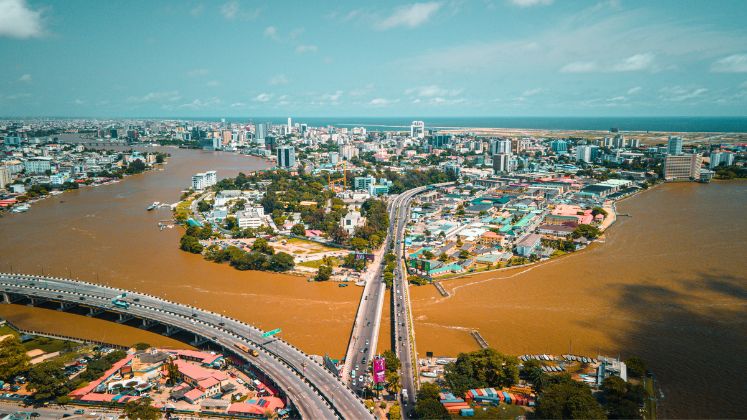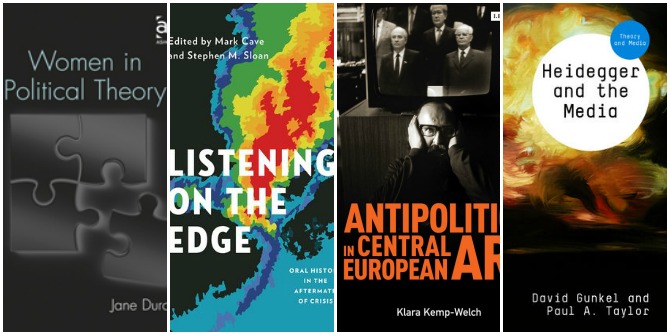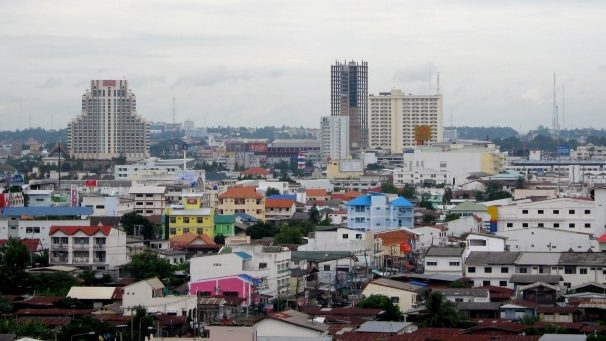Sustainability researchers often forget that many of their fellow humans, even if thoroughly convinced of the problems of environmental degradation, have differing pressing interests and concerns that leave limited time or energy to engage with grand societal challenges, writes Michael Veale. Action Research for Sustainability is interesting reading for researchers studying social systems, for those designing social science education, and a loud call for action for getting up from desks and going into relevant communities – at least occasionally.
Action Research for Sustainability. Jonas Egmose. Ashgate. 2015.
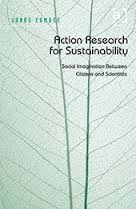 In Action Research for Sustainability, Jonas Egmose explores on-the-ground interactions between citizens and urban researchers examining issues of social and environmental unsustainability. As his empirical case, Egmose describes the SuScit: Citizen Science for Sustainability project in Islington, North London – a three-year project that aimed to create new approaches of connecting citizens to inform future research on sustainable cities.
In Action Research for Sustainability, Jonas Egmose explores on-the-ground interactions between citizens and urban researchers examining issues of social and environmental unsustainability. As his empirical case, Egmose describes the SuScit: Citizen Science for Sustainability project in Islington, North London – a three-year project that aimed to create new approaches of connecting citizens to inform future research on sustainable cities.
Sustainability is an issue that is, by definition, of key importance to our future survival. Still, sustainability researchers often forget that many of their fellow humans, even if thoroughly convinced of the problems of environmental degradation, have differing pressing interests and concerns that leave limited time or energy to engage with grand societal challenges. The perceived luxury of dwelling on these issues is reflected in the image of environmentally-friendly purchasing as an overwhelmingly middle-class pursuit. Yet to attract voices that are not often found at tables of public participation around sustainability, the SuScit project had a sneaky plan – it recruited people based on the premise of creating films about ‘what it is like to live in the local area’, which along with accompanying incentive payments, brought together a public that were not already engaged in sustainability activism.
After 14 interesting films were produced, the second half of the project saw residents’ panels sharing experiences of living, engaging with panels of researchers and practitioners in a shared dialogue. Through these panels, and a lens of ‘Critical Utopian Action Research’, Egmose and his colleagues hoped to foster a ‘free space’ where participants could imagine, outside of the daily rules and norms governing their lives, alternative ways one might like to live.
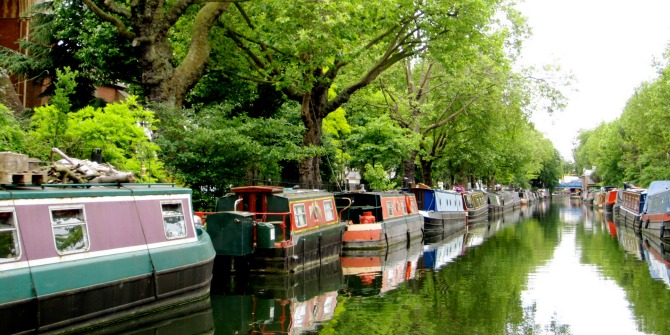
The book is rich with examples and descriptions of happenings in these workshops. However the main takeaway points came not from what the citizens thought up per se, but from the lessons the researchers themselves took from their own involvement. These researchers, filled with both dusty and cutting edge frameworks, theories and approaches to urban planning from across the globe, were sceptical that laypeople would be able to usefully connect and confront the myriad of issues and trade-offs that they themselves have been struggling to reconcile. One researcher in particular was plunged into further despair when they asked an older man what he hoped for in the future. “A huge house!”, he said. Yet, resisting the urge to dismiss, and probing a bit further, this researcher went on to learn that the old man did not want to fill a crammed city with empty space, but wanted his whole family inside – perhaps six generations in three bedrooms. This elaboration turned the initially unsustainable wish on its head; the house was not a dream for weather as much as it was shorthand for community. This incident illustrated well the dangers of ‘thin’, impersonal, and distant methods of data collection. It is difficult to know the difference between someone’s means and their desired ends when you aren’t in direct conversation.
Other incidents show different pitfalls and problems for sustainability researchers. One reported only being able to truly engage with certain ‘similar’ groups of people in the pool; in this case, women who were living in a particularly similar area of London. A personal connection could seemingly let participants explain their wishes and imagined futures with much more comfort and clarity, but what sort of range of researchers and training would then be necessary to bring all voices to the table? Another researcher was confronted with a tough realization – how do prescriptive theories from their discipline relate at all to people’s hopes for their lives? And if they only reflect the desires of the few, is that a danger for their explanatory power?
All in all, this book gives compelling personal and instrumental reasons for researchers to be active participants facilitating and working in the communities they are studying. At times however, this feels lost in repetitive descriptions of methodology and theory. The author is clearly keen to defend action research as a useful empirical tool, but the book’s conclusions do not appear to rest very heavily on the hefty theoretical premise – at times a bit numbing – that is built up throughout the chapters. To the contrary, they stand on their own legs quite well, and the observations seem evident as something that should be integrated as a core feature of research projects. New forms of engagement can both guide normative directions of inquiry, as well as to help reconcile desires for universally applicable truths with diverse local contexts that really resist being generalised. This book is interesting reading for researchers studying social systems, for those designing social science education, and a loud call for action for getting up from desks and going into relevant communities – at least occasionally.
Michael Veale has a bachelor’s degree in Government and Economics from LSE and a master’s degree in Sustainability Science and Policy from Maastricht University. His main research interests are sustainability at the border of science and policy, private governance and certification, data visualisation, stakeholder participation and innovation. He is currently gathering experience in real-world public and private policymaking before hoping to return to academia to co-create some useful insights into complex problems.



